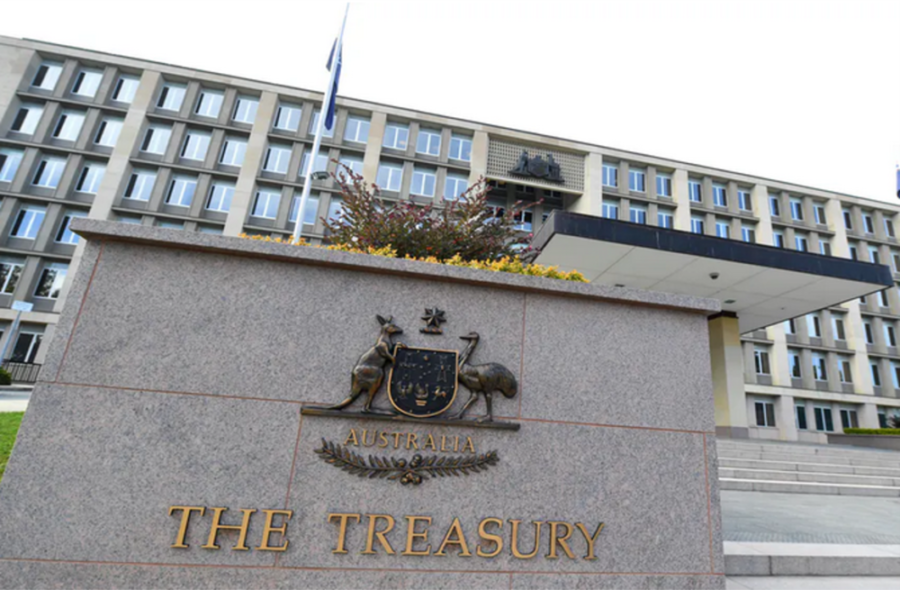What does the Budget mean for the 2020/21 Migration Program? Some of our key take home points are below:
- Planning levels are to be maintained at 160,000, with places in the Family Stream being increased to 77,300 on a one-off basis. This includes 72,300 places allocated within the Partner visa program, an increase from the 39,799 allocation in the 2019/20 programme year.
- The program will continue to focus on ‘attracting the best and brightest migrants from around the world’. The allocation of Global Talent Independent visas will triple to 15,000 places and the allocation of visas in the Business Innovation and Investment Program (BIIP) will increase to 13,500 places. The BIIP is also going to be streamlined, so as to ‘sharpen the focus of the BIIP program on higher value investors, business owners and entrepreneurs and improve the economic outcomes of the BIIP’.
- Employer Sponsored, Global Talent and BIIP visas will be prioritised within the Skilled Stream, in line with the government’s focus on rebuilding the Australian economy.
- Regional Australia continues to be a focus, with priority processing being afforded to onshore visa applicants and Partner visa applicants where the sponsor resides in a designated regional area.
- The government’s injection of $35.7 million into resourcing the Federal Circuit Court is also welcomed, given the number of migration matters within the judicial system. This will be particularly relevant in the context of the deregulation of lawyers working in the field of immigration law.
- The long-awaited changes to the Partner visa sponsorship framework will finally be introduced in the next program year, meaning that Partner visa sponsors will be subjected to enforceable sponsorship obligations and will be required to be approved prior to being able to lodge a Partner visa application. In addition, we will see the introduction of English language requirements for Partner visa applicants and their permanent resident sponsors in an attempt to ‘enhance social cohesion and economic participation outcomes’.
- There has been a significant drop in the number of places allocated for the Humanitarian Program, down from 18,750 to 13,750. Despite this decrease, the government will continue to invest to improve settlement and employment outcomes for humanitarian entrants, including through previously announced reforms to the Adult Migrant English Program (AMEP), and the development of a reform program for settlement services and the Community Sponsorship Program.
- The income requirements for the New Zealand stream of the subclass 189 Skilled – Independent visa will be reduced. Applicants will be required to have a taxable income at the specified level (currently $53,900) for at least three of the last five income years, including the most recent financial year.
- In his media release, the Minister has also flagged refunds and waivers of visa application charges for certain visa holders who have been unable to travel to Australia due to COVID-19 so as to boost tourism once our international borders are reopened.
There is no surprise that the government has continued to keep the focus on economic stream visas, and we welcome the priority afforded to employer sponsored, Global Talent and BIIP visa applicants alike.
The increased numbers in the Partner visa program are reflective of the ongoing issues within that program and the scrutiny that this has attracted of late, especially in terms of processing times and high visa application charges. Given that the government intends to introduce the changes to the sponsorship program in the coming year as well, it will be interesting to see the impact of the increased numbers on processing times. The prioritisation of Partner visa applicants whose sponsors live in regional Australia is a welcome change, however the proposed introduction of English language requirements is already attracting scrutiny. The notion of ‘social cohesion’ has been on the government’s agenda since earlier in the year, in both the visa and citizenship programs, and is part of reason why there is an emphasis in the 2020/21 year on English language ability.
Ultimately, this budget is intended to get Australia back on track after the bushfires and COVID-19. Migration has always been a major contributor to our economic stability and it will be interesting to see if this budget will get Australia back on track in the post-COVID-19 world.
The relevant budget paper can be read here.
